
Woolnough House
A Council statement reads, “as part of our drive to improve the quality and choice of care for older people in the city, we are consulting with residents of Woolnough House on its future.
Residents, their relatives and staff at one of City of York Council’s older people’s homes – Woolnough House – are being consulted on the option to close the home in late 2017, as part of plans to modernise accommodation for older people in the city.
The plans seek to address the needs of York’s fast-growing older population, by providing modern facilities which allow high quality care and quality of life. It also aims to make the best use of the city’s existing extra care housing, making it more accessible for people with higher care needs by increasing the support available at each venue and by replacing the council’s four out-dated older people’s homes, with more modern accommodation”.
The news comes as work nears completion on 25 new extra care apartments and two bungalows at Glen Lodge in Heworth.
Each of the council’s older people’s homes was assessed against a number of criteria to determine which homes should be consulted on for closure first.
Three older people’s homes – Grove House, Oakhaven and Willow House – closed in the past 17 months as part of the programme.
(more…)

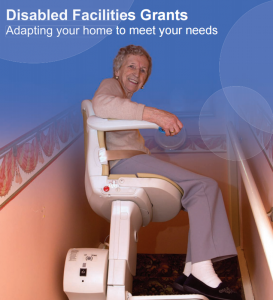 The York Council will be
The York Council will be 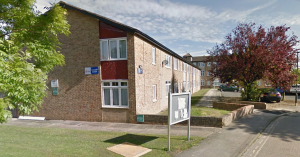


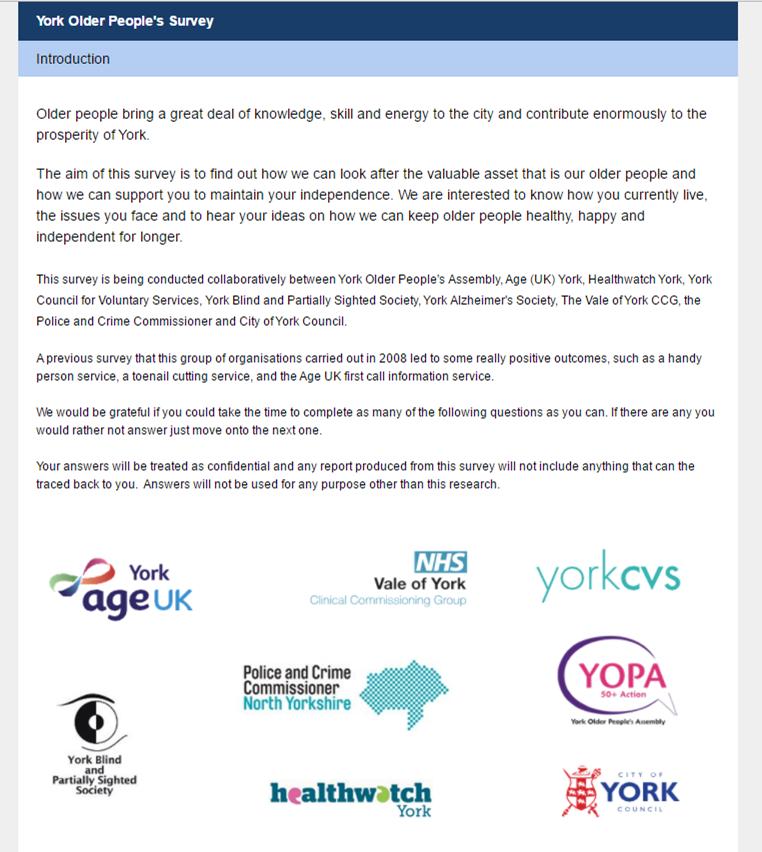
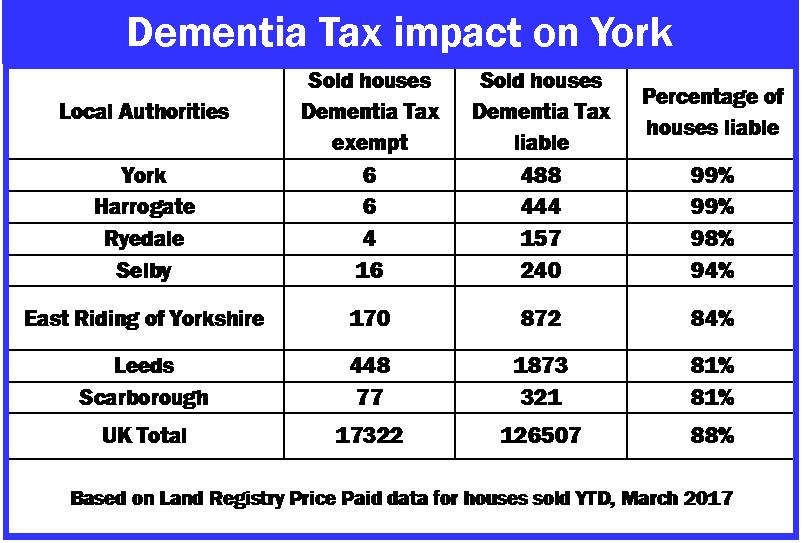
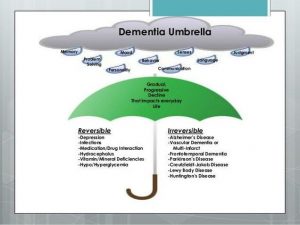 “The measure of a Government is how they treat the most vulnerable in our society. I don’t think that the Conservatives are unaware of the impact of their plans but they chose to ignore the human cost.
“The measure of a Government is how they treat the most vulnerable in our society. I don’t think that the Conservatives are unaware of the impact of their plans but they chose to ignore the human cost.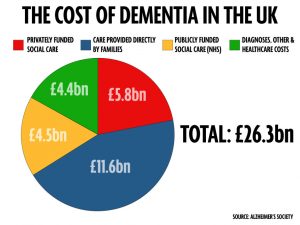

 City of York Council and its partners are asking for older people across the city for their views on how we as a city can keep them healthier, happier and more independent for longer.
City of York Council and its partners are asking for older people across the city for their views on how we as a city can keep them healthier, happier and more independent for longer.
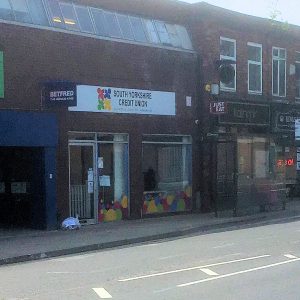 The York Council has agreed to pay some of the fees involved in setting up and running a budget bank account at the Credit Union shop at 8 Acomb Court off York Road (tel.03030 300010) .
The York Council has agreed to pay some of the fees involved in setting up and running a budget bank account at the Credit Union shop at 8 Acomb Court off York Road (tel.03030 300010) .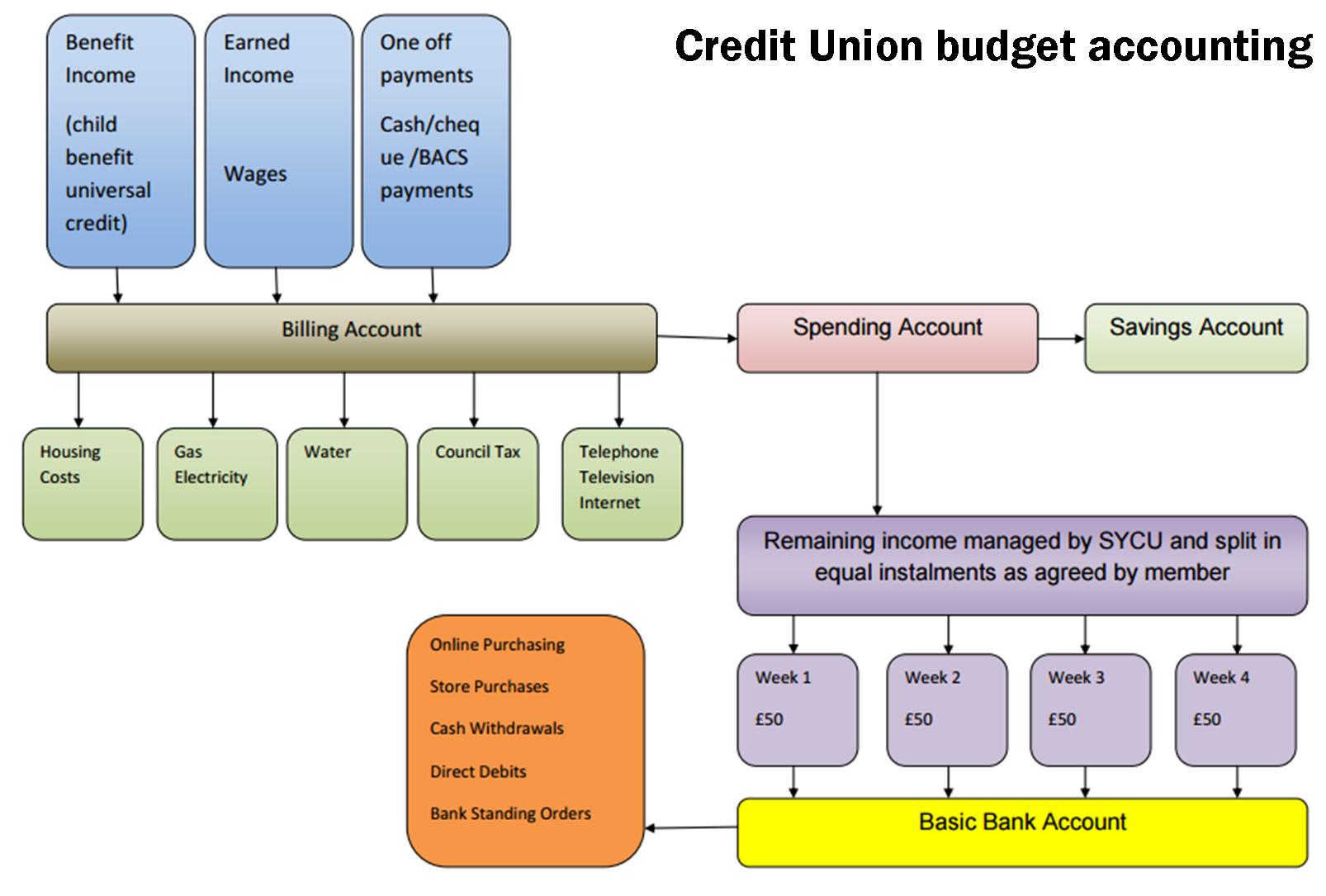
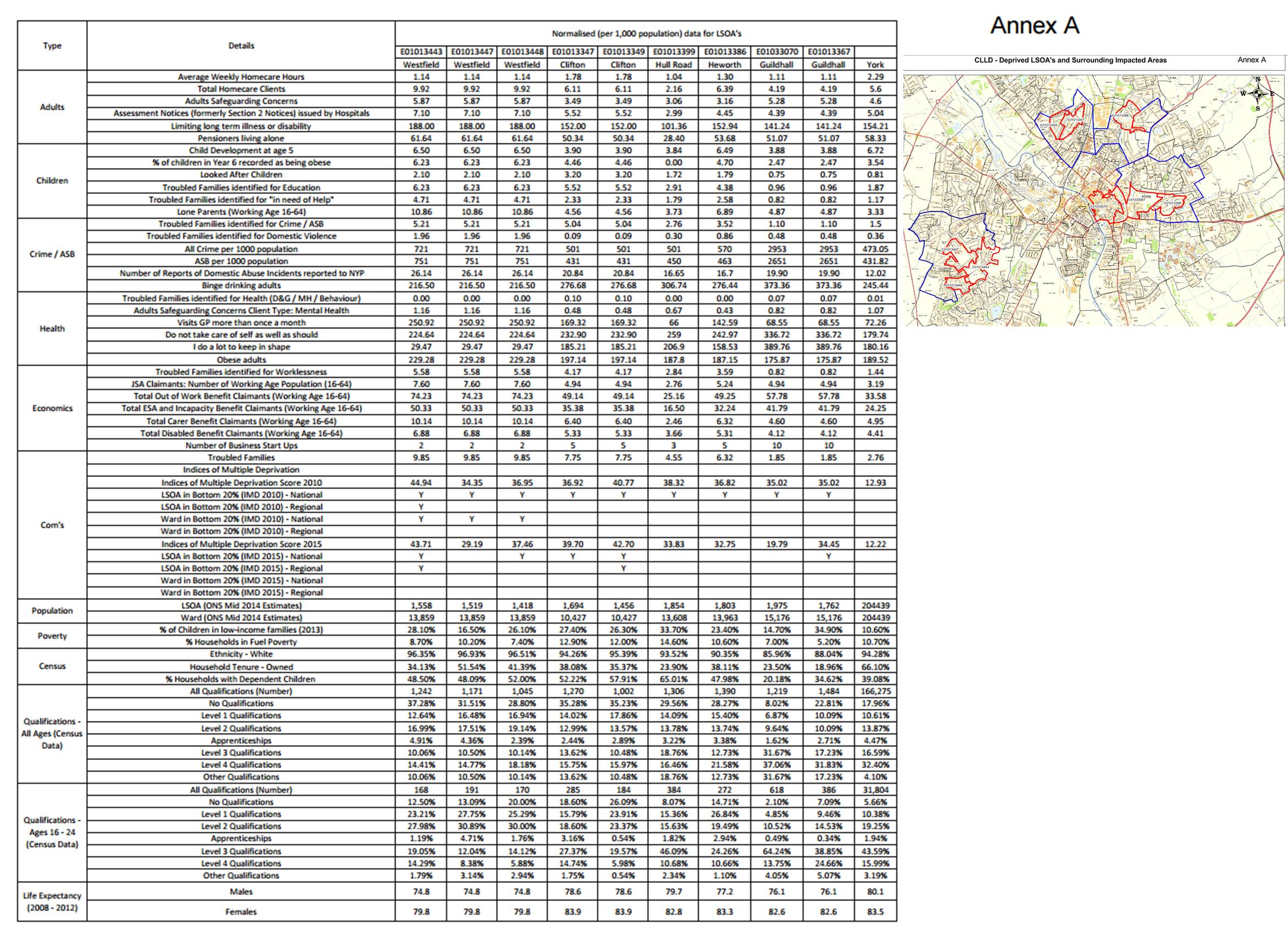
 Approximately two thirds of these customers are currently being transported via an in-house fleet of “rapidly ageing” vehicles, whilst one third are transported by shared or individual taxis via a CYC contract with Streamline Taxis.
Approximately two thirds of these customers are currently being transported via an in-house fleet of “rapidly ageing” vehicles, whilst one third are transported by shared or individual taxis via a CYC contract with Streamline Taxis.